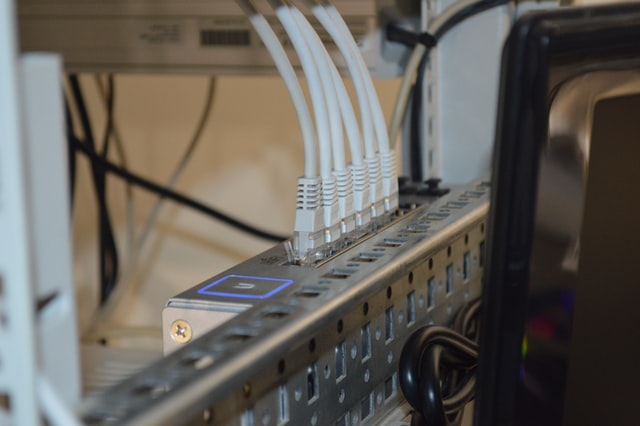26 June 2024.
 Statement on the Nationwide Internet Disruption in Kenya.
Statement on the Nationwide Internet Disruption in Kenya.
We strongly condemn the government’s disruption of the internet in Kenya, which began on June 25, 2024, at approximately 4:25 p.m. The disruption is still ongoing, and service providers or authorities have not issued any statements regarding the resumption of normal internet services.
Charts showing internet traffic dropping at 4:25 p.m. and partially resuming at 11:40 p.m. Kenyan time.
Despite the public commitment from the Communications Authority of Kenya (CA) not to shutdown the internet during the Tuesday #RejectFinanceBill2024 protests, the country experienced nationwide internet disruption, which also affected internet access in neighboring countries like Uganda, Rwanda and Burundi.
Throughout yesterday, the internet was throttled as social media users reported slow connections to the internet and social media platforms such as X, Signal, and other platforms on the Safaricom network. Users on Airtel and Equitel reported to have intermittent Internet throughout this period. Further, Kenya’s largest telcos Safaricom and Airtel later reported on social media that they had experienced an undersea fiber cable outages that affected internet speeds.
Despite the explanation by the telcos, an analysis of the technical evidence available from Cloudflare, Kentik and Netblocks, and given the manner, timing, and speed of resolution of the purported outage, point more to a government sanctioned disruption rather than a technical outage.
These acts have infringed on the right to internet access, which provides that all people must be able to access the Internet in order to exercise and enjoy their rights to freedom of expression and opinion, and other fundamental human rights.
Kenya’s constitution and international human rights instruments safeguard the fundamental rights to freedom of expression, assembly, access to information, and picketing, which are violated by internet disruptions, censorship, and other information controls. By preventing citizens from engaging in public conversation and holding the government accountable, internet disruptions subvert democratic processes and the rule of law.
We call upon:
- The government to respect the right to freedom of expression, information, privacy, association, and assembly for all Kenyans in line with the Constitution of Kenya;
- The government to cease and desist from interfering with internet access as it has a significant and adverse impact on citizens’ rights including access to mobile money services, healthcare, and other emergency services.
- The Communications Authority of Kenya, telecommunications companies, and Internet Service Providers, to restore internet and social media access, publicly explain the root cause of the internet disruption, commit to refrain from any form of Internet disruption in the future, and to respect human rights;
- To media, social media users, and protestors, to exercise their constitutional rights peacefully, freely, and document any violations of human rights;
- To social media platforms X and TikTok, to stop censoring content on their platforms and allow Kenyans to express, assemble, and associate freely on social media without undue restrictions.
Signed,
A coalition of The Bloggers Association of Kenya (BAKE), KICTANet, Internet Without Borders (IWB), Tribeless Youth, Mzalendo Trust, and Watoto Watch Network and Internews Kenya under Kenya Safe and Inclusive Digital Space (KenSafeSpace) project with the aim of promoting and safeguarding a democratic, safe, and inclusive digital space.
Download the statement here.
![]()




